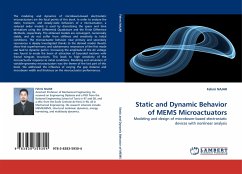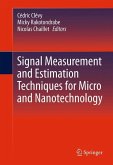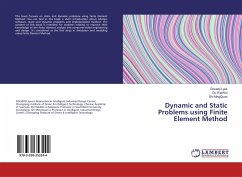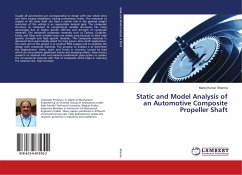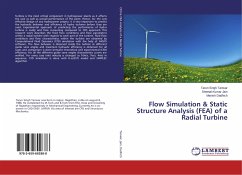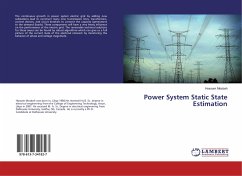The modeling and dynamics of microbeam-based electrostatic microactuators are the focal points of this book. In order to analyze the static, transient, and steady-state behaviors of a microactuator, a reduced order models is used by discretizing the space and time derivatives using the Differential Quadrature and the Finite Difference Methods, respectively. The obtained models are convergent, numerically stable, and do not suffer from stiffness and sensitivity to initial conditions. The microactuator behavior near primary and secondary resonances is deeply investigated thanks to the derived model. Results show that superharmonic and subharmonic resonances of the first mode can lead to dynamic pull-in. Increasing the amplitude of the AC voltage was found to erode the basin of attraction of bounded motions with fractal tongues incursions. This leads to high sensitivity of the microactuator response to initial conditions. Modeling and simulation of variable-geometry microactuators was the theme of the last part of this book. We addressed the influence of varying the gap distance and microbeam width and thickness on the microactuator performances.
Bitte wählen Sie Ihr Anliegen aus.
Rechnungen
Retourenschein anfordern
Bestellstatus
Storno

